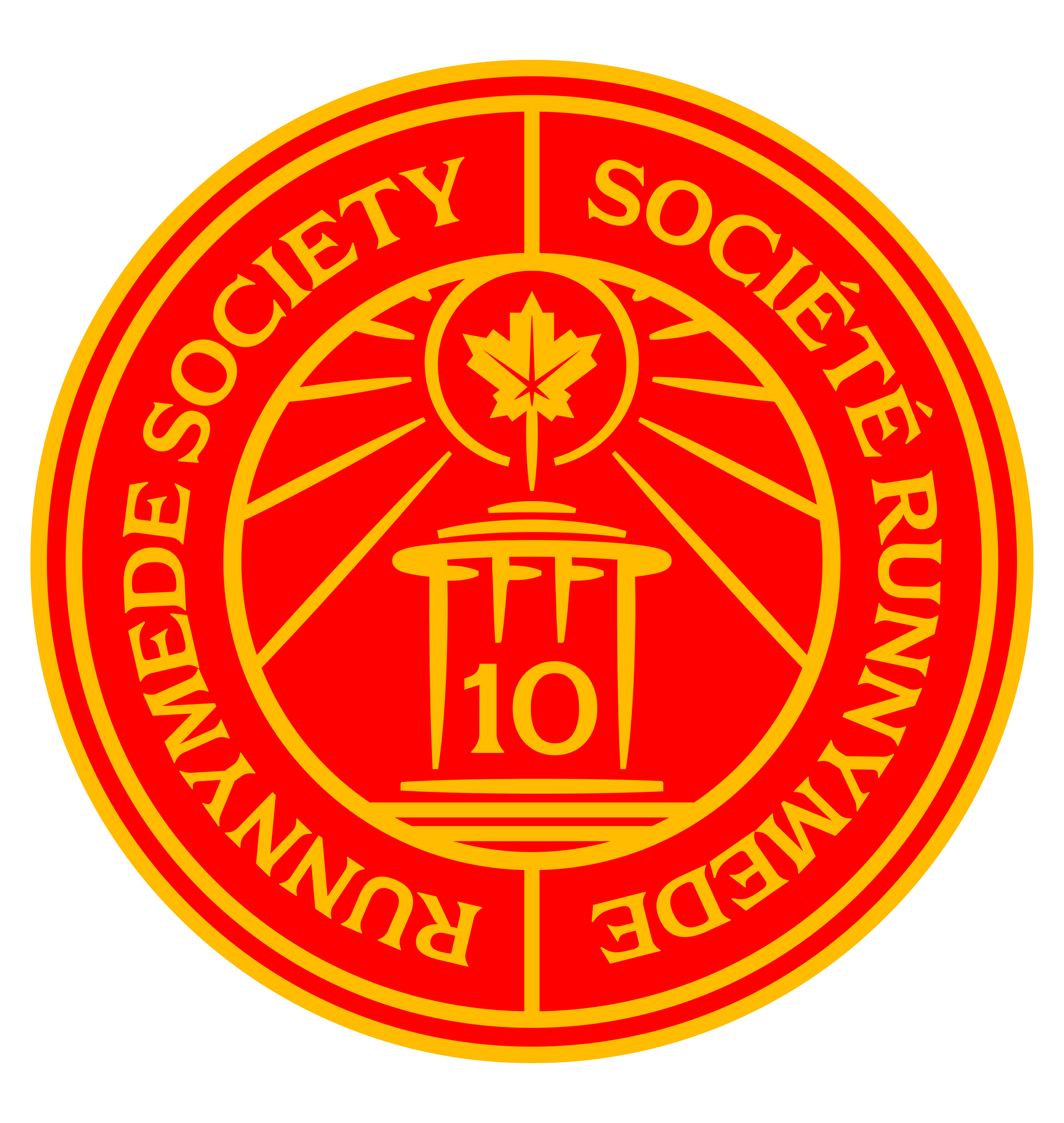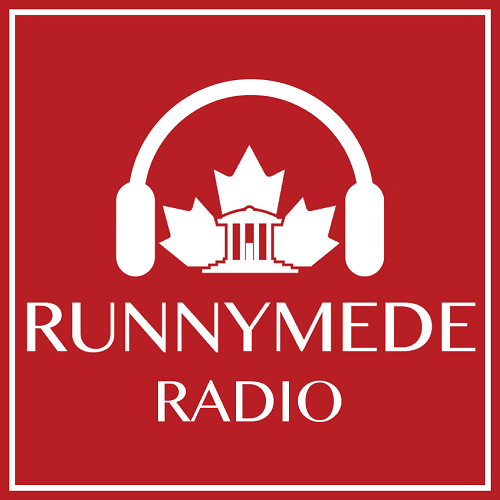Notre premier épisode de Runnymede Radio pour 2022 présente notre directeur national Kristopher Kinsinger discutant de l'avenir de la coalition Runnymede Society.
Dr. Andy Summers: Wealth taxation in response to Covid-19
This special episode of Runnymede Radio features Dr. Andy Summers of the London School of Economics Department of Law. Joined by the the Runnymede Society's Thomas Falcone, Dr. Summers discusses his recent work with the UK Wealth Tax Commission and the rule of law implications surrounding the possible implementation of...
Professor Malcolm Lavoie: The Implications of Property as Self-Government
Our first episode of Runnymede Radio for 2021 features Professor Malcolm Lavoie of the University of Alberta Faculty of Law discussing his recent University of Toronto Law Journal article, "The Implications of Property as Self-Government."
Dr. Gerard Kennedy: Atlantic Lottery, Nevsun, and the rule of law in private law jurisprudence
This month's episode of Runnymede Radio features a conversation with Dr. Gerard Kennedy from the University of Manitoba Robson Hall School of Law. Dr. Kennedy discusses the recent Supreme Court of Canada decisions in Atlantic Lottery and Nevsun and their relationship to the rule of law in private law jurisprudence.
Dean Mark Walters: Dicey and the common law constitutional tradition
This episode features a wide-ranging discussion with Mark Walters -- Dean of the Queen's University Faculty of Law -- on his upcoming book, A.V. Dicey and the Common Law Constitutional Tradition: ‘A Legal Turn of Mind’.
Professor Philippe Lagassé: On prorogation
Runnymede Radio is back! This episode features Philippe Lagassé, associate professor and the Barton Chair at the Norman Paterson School of International Affairs. Professor Lagassé and our National Director Mark Mancini discuss parliamentary prorogation in light of recent events in Ottawa. A timely and informative conversation.
MP Nathaniel Erskine-Smith: Canada’s COVID-19 Response
This episode features Nathaniel Erskine-Smith, the Member of Parliament for Beaches-East York – a riding he has represented since 2015. As a parliamentarian, Mr. Erskine-Smith currently sits on the Standing Committee on Industry, Science and Technology. Before politics, Mr. Erskine-Smith worked as a lawyer in Toronto. He obtained his undergraduate...
Dr. Ryan Alford: Emergency Powers in Canada
This episode features Dr. Ryan Alford, an Associate Professor at the Bora Laskin Faculty of Law at Lakehead University. Dr. Alford received his doctorate in public, constitutional, and international law from the University of South Africa. He also holds a master’s degree from the University of Oxford and a law...



